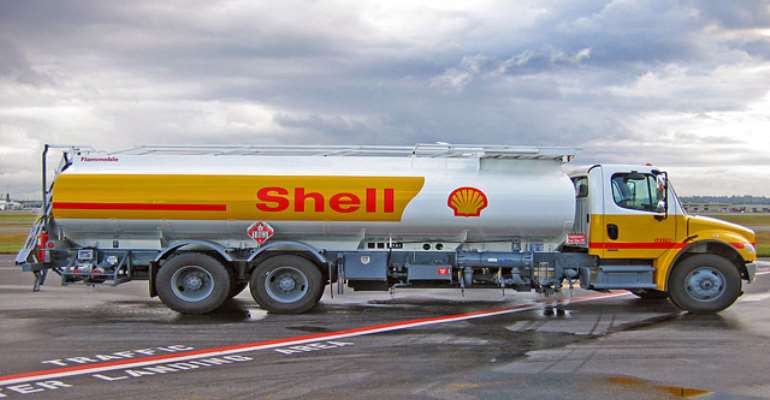Shell to negotiate for settlement in Nigeria oil spill case

Negotiations between Royal Dutch Shell PLC and the lawyers representing 15,000 Nigerians claiming compensation for two oil spills that occurred in the Niger Delta in 2008 are set to begin next week, in a bid to end litigation against the company in the U.K.
Shell is facing a lawsuit in London’s High Court over the two spills that affected the environment surrounding the Bodo fishing community in the country’s oil-rich Niger Delta five years ago.
Shell’s Nigerian subsidiary, the Shell Petroleum Development Company of Nigeria, has admitted liability for the spills, but the two sides disagree on the size of the spills and how much compensation is due.
“We will be doing our damnedest to ensure that Shell pay out a fair amount for the damage they have caused and put the Bodo Creek back into its pre-spill state,” said Martyn Day, the lawyer at Leigh Day representing the claimants. He added that if a deal is not reached by the end of next week the suit will return to court.
“We’ll be hoping for a trial date around the end of next year,” he said.
A spokesman for Shell’s SPDC said the company was hopeful an acceptable settlement could be reached next week.
“We take issue with a number of the assertions made by the claimants’ U.K. lawyers, but our goal now is resolution, not recrimination,” he said.
Oil spills are common in Nigeria’s oil-rich Niger Delta, though Shell says the vast majority are the result of oil theft and sabotage. The company has said its standards and practices in Nigeria are similar to its operations anywhere in the world and is committed to cleaning up oil spills when they occur, whatever the cause.
However, a landmark report published by the United Nations Environment Program in 2011 highlighted that the maintenance and decommissioning of infrastructure in Ogoniland, where Bodo is located, were inadequate. A report requested by SPDC and published earlier this year by the International Union for Conservation of Nature echoed these concerns.
Mutio Sunmonu, managing director of SPDC, said that the company is carefully examining the IUCN report.
“The SPDC [joint venture's] invitation to IUCN to set up the Niger Delta Panel and our willingness to work with it is a clear demonstration of SPDC’s collaborative and transparent approach to dealing with issues in the Niger Delta,” he said.
“It is also evidence of our unceasing commitment to ensure our clean-up and remediation programmes are fit for purpose,” Mr. Sunmonu added.
Earlier this year, a court in the Netherlands awarded damages to a Nigerian farmer after it found that SPDC failed to prevent sabotage to its pipeline that caused a spill between 2006 and 2007.
The court dismissed four other claims for compensation and claims against the parent company, ruling that in these cases the spills were caused by third party sabotage.
